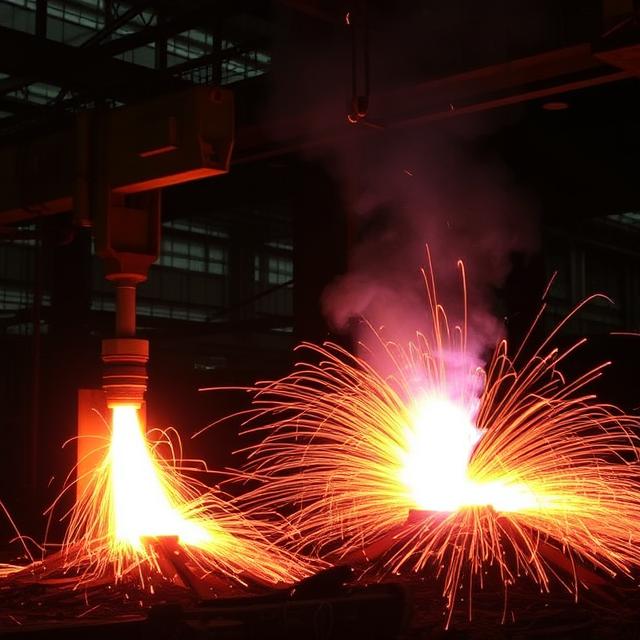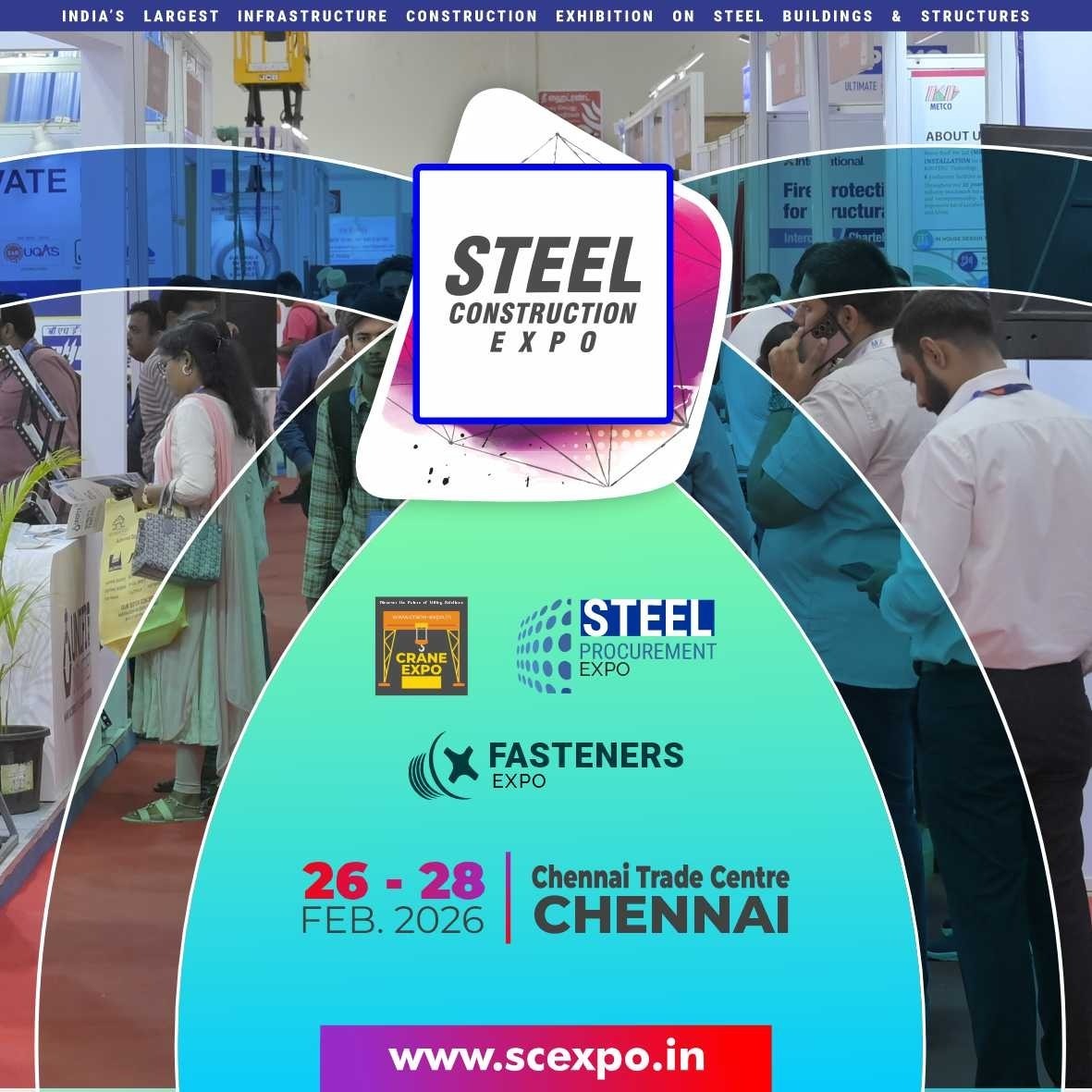The Indian government is considering doubling the safeguard duty on steel imports—from the current 12 per cent to 24 per cent—in a move aimed at protecting domestic steel producers from a surge in low-cost imports, especially from China. This proposal comes in the wake of concerns that Chinese exporters may be circumventing existing duties by exploiting regulatory loopholes. The current 12 per cent provisional safeguard duty, which was introduced for 200 days earlier this year, is reportedly proving inadequate, prompting calls from major steelmakers for more stringent protection. Industry leaders argue that a steeper tariff would help maintain fair pricing and protect the domestic manufacturing ecosystem. However, micro, small, and medium enterprises (MSMEs) have raised red flags, warning that an increase in import duties could lead to higher input costs—potentially raising steel prices by ₹4–₹5 per kg—and thereby strain smaller businesses reliant on affordable raw materials.
In parallel, the Ministry of Steel has officially notified a key update to the Domestically Manufactured Iron & Steel Products (DMI&SP) Policy by enforcing the “Melt-and-Pour” rule. This rule mandates that all steel used in government procurement projects must be both melted and poured in India, thereby eliminating the practice of importing semi-finished steel like billets or slabs and only processing them domestically. The policy aims to promote truly indigenous production and bolster the Make in India campaign. The rule will apply to all public sector undertakings and government departments, with compliance audits and procurement protocols being revised accordingly.
Together, these developments reflect the government’s strategy to curb unfair trade practices while encouraging self-reliance and value addition within the Indian steel sector. The final decision on the safeguard duty hike will depend on the findings of the Directorate General of Trade Remedies (DGTR), expected in the coming months.




